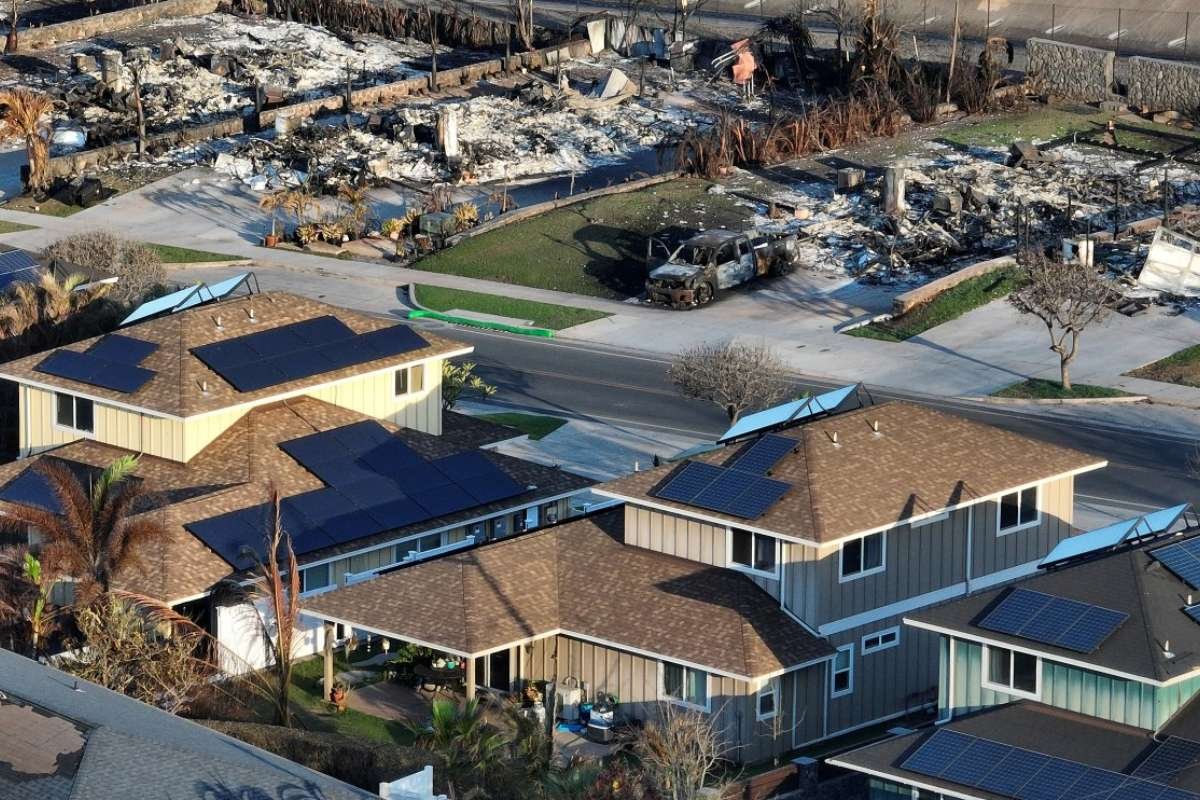Efforts to Stabilize Hawaii’s Insurance Market
Hawaii lawmakers opened the legislative session with a commitment to stabilize the state’s property insurance market, a sector reeling from rising premiums fueled by climate change. Hurricanes, wildfires, and other natural disasters, both in Hawaii and beyond, are straining global reinsurance markets, prompting insurers to either increase rates or withdraw coverage altogether. Senate President Ron Kouchi highlighted that insurers have viewed Hawaii as a high-risk state for years, but the devastating August 2023 wildfires on Maui exacerbated this perception.
Insurance instability is a growing national concern. For example, recent wildfires in Los Angeles caused unprecedented destruction, with AccuWeather estimating damages of $135–150 billion—potentially the costliest in U.S. history. These events add pressure to global reinsurance markets, affecting Hawaii’s already volatile insurance landscape. State Senator Jarrett Keohokalole emphasized the situation’s complexity, noting that ongoing wildfires in California leave future market conditions uncertain.
Proposed Solutions and Lessons from the Past
To address the crisis, Hawaii lawmakers are revisiting strategies from the aftermath of Hurricane Iniki in 1992. The state’s Hawaii Hurricane Relief Fund, established during that time, provided coverage for over 155,000 policyholders until private insurers re-entered the market. The fund was financed through policyholder premiums, insurer assessments, and other surcharges, offering a potential model for today’s challenges.
Keohokalole, chair of the Senate Commerce and Consumer Protection Committee, underscored the importance of local solutions, particularly for vulnerable residents like seniors on fixed incomes. “We can’t expect kupuna or struggling families to shoulder skyrocketing premiums dictated by global markets,” he said. However, he acknowledged the state’s limited resources and cautioned against expecting immediate price normalization.
Long-term plans include promoting homeowner resilience through fire safety measures and disaster-preparedness programs. Lawmakers aim to address not only insurance affordability but also structural solutions to reduce the impact of future natural disasters.
Impact on Homeownership and Condominium Coverage
The insurance crisis has hit Hawaii’s condominium owners particularly hard. Many condo boards are reducing coverage to manage escalating premiums, which has a ripple effect on the housing market. Fannie Mae and Freddie Mac, key players in the mortgage industry, require full replacement coverage for properties. Without this, banks are reluctant to issue loans, leaving buyers in a bind. Between 375 and 390 condominium buildings in Hawaii are currently underinsured for hurricane risk, according to legislative testimony.
Senate leaders stressed the urgency of delivering actionable solutions within the session ending in May. Failure to stabilize the market could jeopardize homeownership in a state where the median home price exceeds $1 million. “Without insurance, people can’t secure mortgages, creating a significant barrier to homeownership,” Kouchi warned.
Hawaii’s challenges mirror those in California, where insurers are retreating from wildfire-prone areas. Both states highlight the broader issue of adapting insurance markets to a changing climate. As disasters become more frequent and severe, Hawaii lawmakers are racing to ensure that residents can continue to protect their homes and financial futures.









